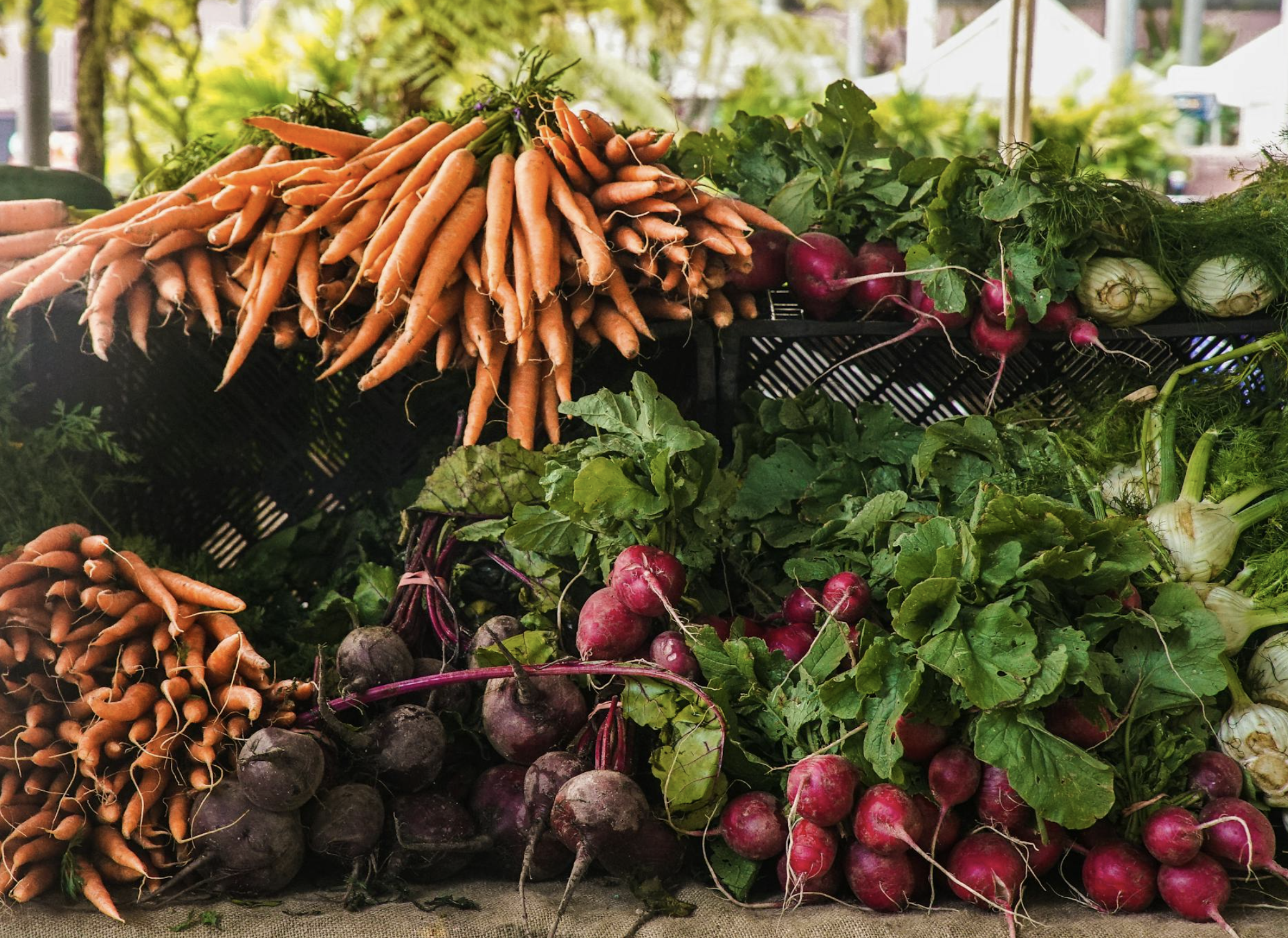How choosing organic supports the earth and your wellbeing this season
When the temperature drops and we retreat into the comfort of warm meals and layered clothes, we’re reminded that winter is a time for slowing down, restoring energy, and turning inward. It’s also the perfect time to reflect on how the food we eat sustains more than just our bodies – it supports the health of our planet, too.
Organic food isn’t just about avoiding chemicals. It’s about nurturing a healthier relationship with our land, our communities, and ourselves. Here’s why organic truly matters – from soil to soul – especially during winter.
🌱 Healthy Soil = Healthy Food = Healthy You
Organic farming starts from the ground up – literally. Unlike conventional agriculture, which relies on synthetic fertilisers and pesticides, organic farming prioritises living soil. That means:
-
Rich, microbe-dense soil that retains moisture (important during dry winters)
-
Stronger plant roots, leading to more nutrient-dense crops
-
Reduced erosion and carbon emissions
In winter, when we crave nourishing foods like stews, soups, and slow roasts, knowing that your veggies are grown in regenerative soil makes all the difference. They’re more flavourful, better for your gut, and part of a healthier agricultural cycle.
🌾 Sustainability Through the Seasons
Winter can be hard on farmland. Organic farming practices help protect it.
By using crop rotation, cover cropping, and natural composting, organic farmers reduce the risk of soil depletion and maintain productivity all year round. These practices:
-
Store more carbon in the soil, helping fight climate change
-
Encourage pollinators and biodiversity, even in dormant seasons
-
Reduce chemical runoff into waterways during winter rains
When you buy organic in winter, you’re supporting farming methods that are built to endure – season after season.
🧄 Winter Produce That Warms and Heals
Organic produce is at its best when eaten in season. During winter, local organic grocers are brimming with:
-
Cabbage, kale & silverbeet – high in vitamin C and antioxidants
-
Cauliflower & broccoli – immune-supporting cruciferous heroes
-
Root vegetables – sweet and grounding; perfect for roasting or soups
-
Citrus fruits – rich in vitamin C and natural antimicrobial oils
Choosing organic versions of these winter staples means fewer synthetic residues and more intact nutrients. Plus, their natural resilience makes them ideal for organic farming, requiring less interference to thrive.
♻️ Less Waste, More Impact
Organic systems often go hand-in-hand with zero-waste principles. That means:
-
Smaller, local supply chains = fresher food = less spoilage
-
Compost-friendly scraps from chemical-free produce
-
Minimal packaging at bulk and organic grocers
Every organic purchase helps reduce your environmental footprint while feeding your family well.
💚 Soulful Eating for Deeper Wellbeing
Winter is a time for comfort and restoration. Organic food connects us to this rhythm:
-
It reminds us to eat slow, seasonal, and simple.
-
It supports local growers and communities doing good work.
-
It nurtures a more mindful relationship with food – one that’s aligned with both our health and the planet’s.
Organic isn’t just a label. It’s a way of living in tune with nature, even when she’s sleeping under a frost-covered sky.
This winter, choose foods that nourish more than just your appetite. By going organic, you’re helping restore ecosystems, support ethical farming, and nourish your own body with clean, wholesome produce.
From soil to soul, organic matters. Especially now.





0 Comments